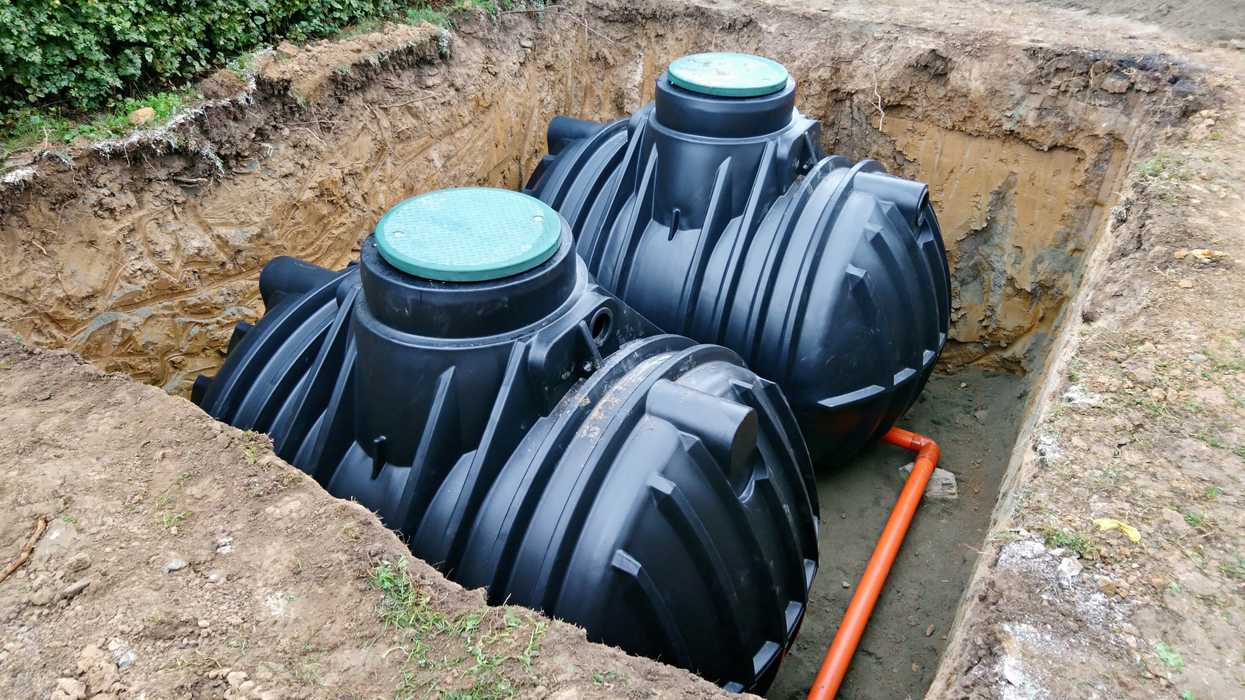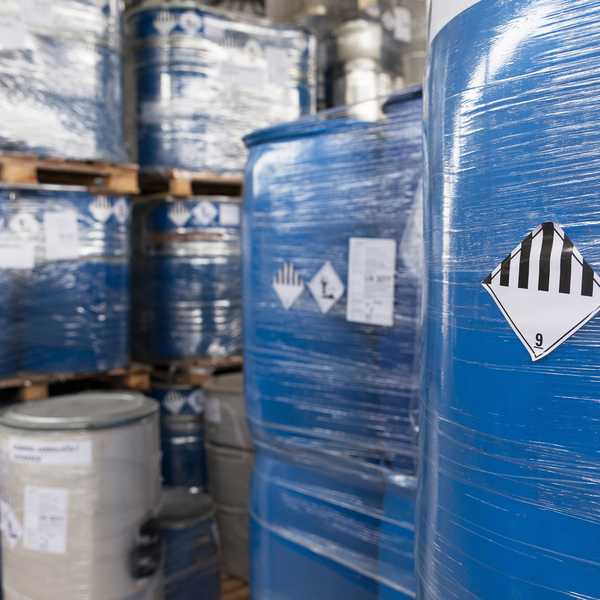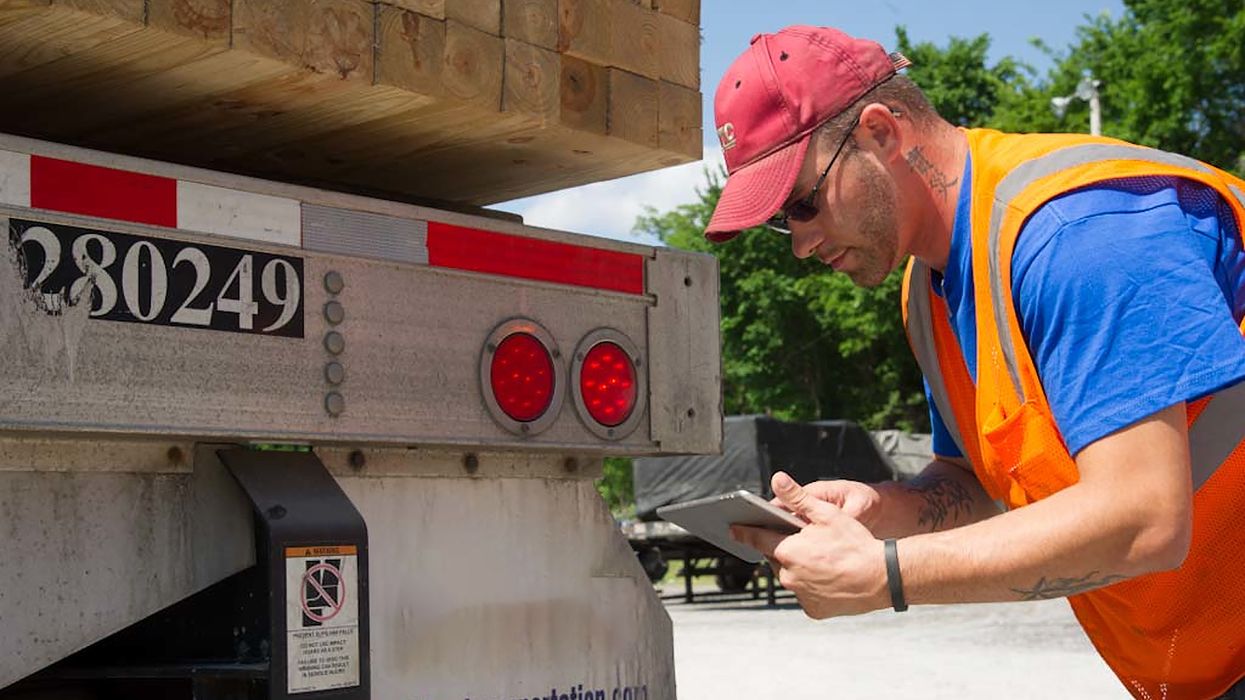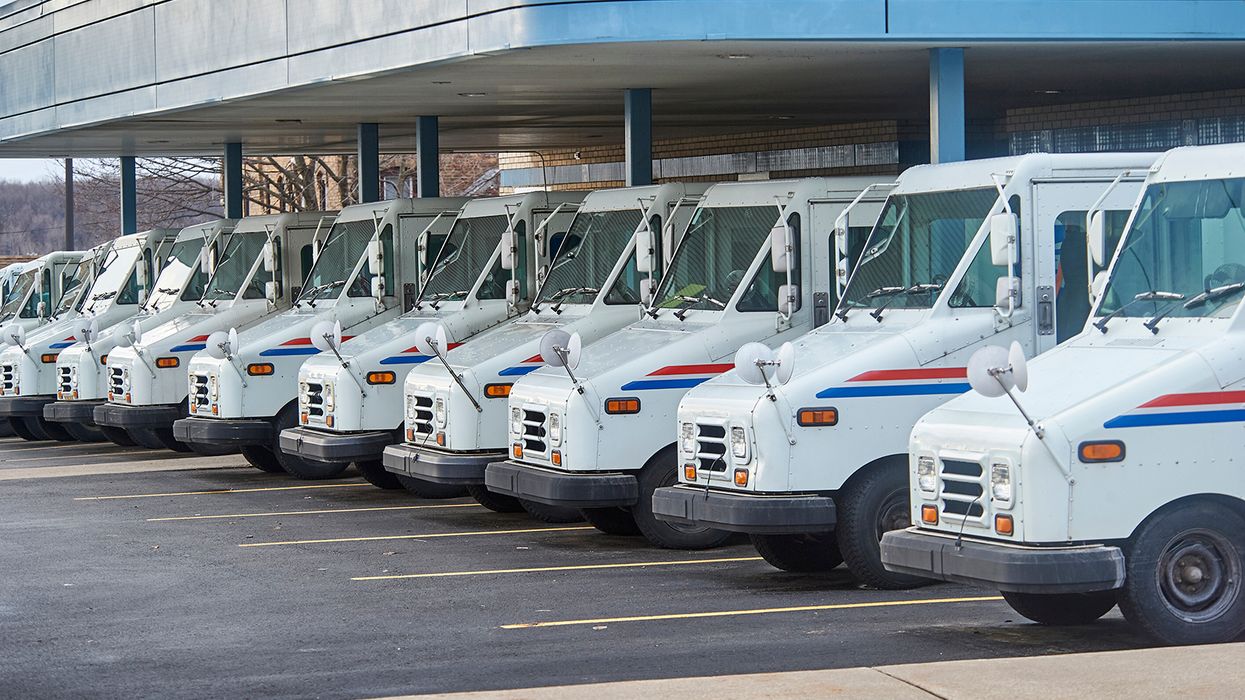Enforcement Focus
A look at where regulators are focusing their enforcement efforts
Enforcement actions and monetary penalties are unfortunately common in environmental programs and prove costly to companies. Beyond the penalty assessed, companies often spend even more on improving processes to prevent recurrence. This section shares some of the headlines and presents take-away lessons. What happened, and how do you avoid the same situation?
Air
A Virginia food distribution center was issued a monetary penalty by EPA Region 7 for violations of the Clean Air Act General Duty Clause. Specifically, the distribution center was cited for not taking necessary steps to prevent releases from an ammonia refrigeration system. Deficiencies included the failure to install appropriate alarms, lack of an adequate seal around refrigeration system pipes, and insufficient inspection and repair of pipe insulation.
Enforcement action: $47,429 civil penalty
Lessons learned: Ammonia refrigeration systems, regardless of the size, must be considered and inspected for general risk and public safety.
Federal Insecticide, Fungicide, and Rodenticide Act (FIFRA)
A large food and agribusiness company has agreed to pay a penalty for violations of federal pesticide handling and storage requirements at its storage and retail facilities in the Pacific Northwest. First, a storage warehouse inspection, in Oregon, found a large hole in the pesticide containment structure. Second, an inspection of an Idaho facility uncovered leaking container gaskets and a resulting spill in an outdoor containment unit.
Enforcement action: $65,248 civil penalty
Lessons learned: Pesticide containment structures must be sealed to prevent migration of pesticides outside of containment. Processes should be in place to ensure damaged containments are identified and quickly repaired.
When leaks do occur, even inside containment, they must be cleaned up in a timely manner to reduce the potential exposure risk for employees.
Underground storage tanks (USTs)
EPA issued penalties to the parent company of two fuel stations located in Virginia. Penalties were given for violations associated with underground storage tank (UST) regulations. One location was issued a penalty of $25,603 for inadequate spill prevention and lack of testing on tanks, system lines, and leak detection equipment. The second location, that had failed to install compliant spill prevention devices, was issued a penalty totaling $1,880.
Enforcement action: $27,483 civil penalty
Lessons learned: In this case, EPA issued lower penalties because of the company’s cooperation in resolving the violations. Working with the agency and quickly fixing violations can often help reduce the monetary burden.
UST system regulations are designed to allow rapid notification of leaks because of the immediate impact to soil around the tanks. Installing and maintaining leak detection equipment is very important.
Water quality
A settlement was reached between a Lincoln, Nebraska based construction company and EPA, resulting from alleged violations of the federal Clean Water Act (CWA). During an inspection of the company’s worksite, the company was found to be discharging sediment and construction-related pollutants from the residential development. The company had a CWA permit for the construction site but had not implemented required controls for releases from activities at the jobsite.
Enforcement action: $60,009 civil penalty
Lessons learned: Obtaining a stormwater construction permit is only the first step toward compliance; permittees must also take action to follow the requirements outlined in those permits.



















































